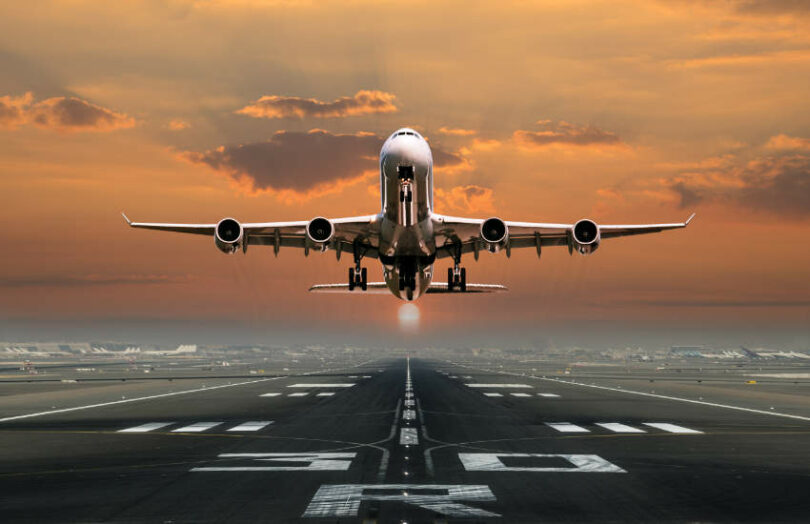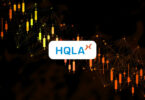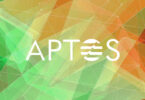Energy Web Foundation and its cofounder RMI are building a blockchain-based SAFc registry for sustainable aviation fuel (SAF) certificates. The goal is to increase transparency and promote the use of more sustainable fuels. Current SAF production levels are insufficient for corporates that want their staff to fly more sustainably.
The work is part of a project for the Sustainable Aviation Buyers Alliance (SABA), founded by numerous big names: Bank of America, Boston Consulting Group, Boeing, Deloitte, Meta, JP Morgan, McKinsey & Co, Microsoft, Netflix and Salesforce.
Sustainable aviation fuel is made from renewable sources such as plant or animal material, used cooking oil and waste. In terms of CO2 emissions, it can be up to 80% less polluting than conventional fuels. And because SAF isn’t that different from conventional fuels, it can be mixed with them and used without modifying engines. However, currently SAF makes up a fraction of 1% of total fuel usage.
“The development of the SAFc registry represents the first major milestone for the Sustainable Aviation Buyers Alliance, making good on our promise to break down roadblocks and create the tools necessary to decarbonize the aviation sector,” said Kim Carnahan, head of SABA’s Secretariat and Senior Director for Net Zero Fuels at Engie Impact.
Because SAF is so scarce, there’s a bit of an accounting challenge. What if a traveler’s employer pays for SAF fuel, but that particular flight does not use the fuel? That’s where SAFc will help. Because even though a different flight might use the SAF fuel, the passenger on the conventional fuel flight will pay for it. In some ways, this isn’t that different from renewable energy electricity, which is mixed in with conventional sources.
The registry is meant to go live in mid-2023.
Energy Web is involved in another SAF project with Accenture, Amex and Shell called Avelia. The aim is to sign up some of Amex Global Business Travel’s 19,000 corporate clients.







